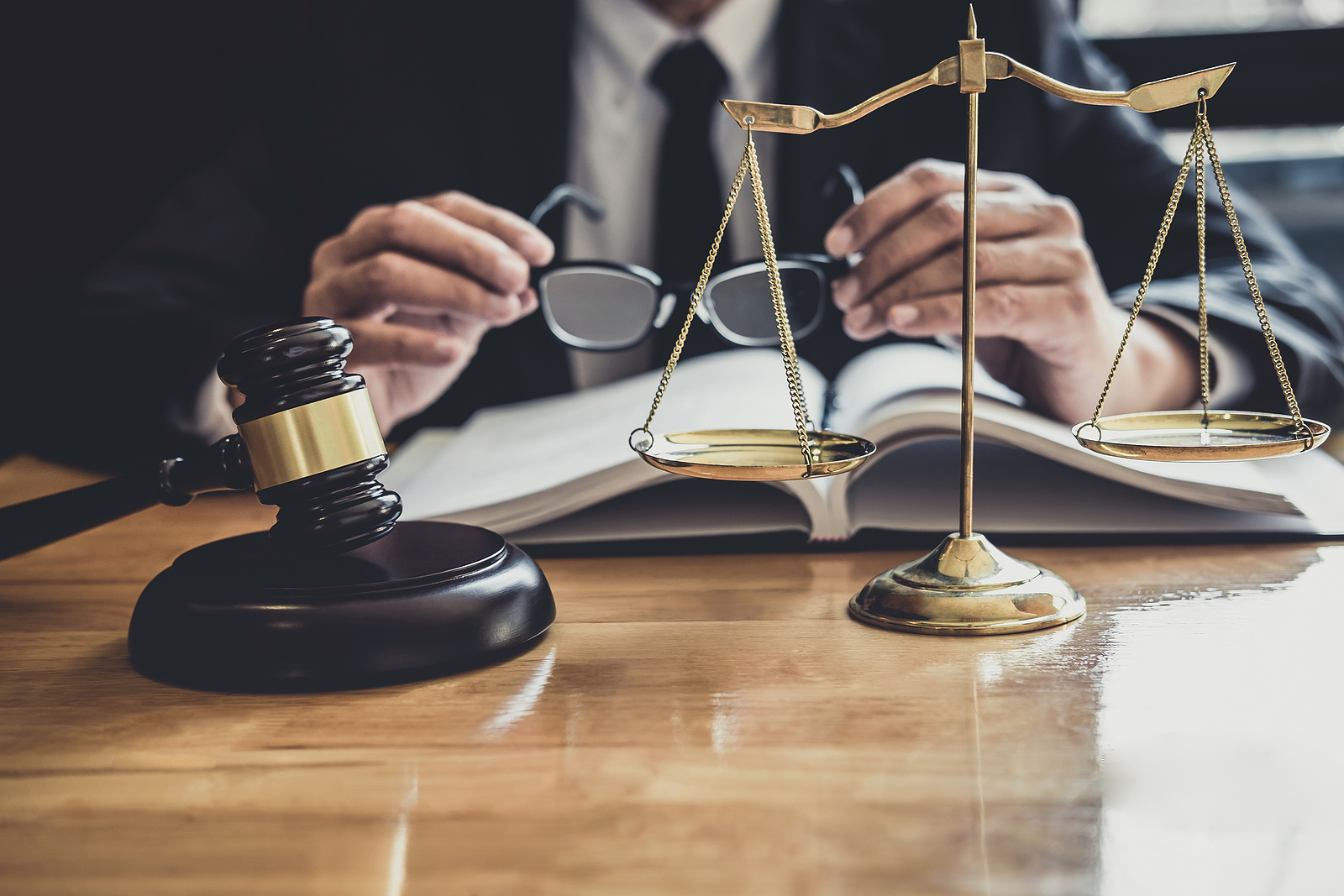Introducing the Competence and Tasks of an Appellate Attorney
In the complex realm of appellate law, the function of a legal expert tackles an unique kind calling for specialized abilities and proficiency. An appellate attorney is charged with a myriad of duties that exceed the standard practices of litigation. From diligently crafting influential lawful briefs to honing the art of dental campaigning for, their contributions are crucial in forming the end result of instances at the appellate degree. As we explore the diverse world of appellate law, a closer examination of the important abilities and tasks of these professionals introduces a fascinating landscape that demands both accuracy and strategic acumen to browse effectively.
The Role of an Appellate Attorney
In the realm of appellate law, the function of an appellate lawful expert is critical in navigating the intricacies of higher court procedures and advocating for customers looking for appellate testimonial. Appellate attorneys focus on dealing with cases on allure, where the emphasis changes from truths and proof presented at trial to step-by-step problems and lawful arguments. Their primary duty is to examine trial documents, recognize lawful mistakes, carry out lawful research, draft persuasive briefs, and existing oral arguments before appellate courts.
Additionally, appellate lawyers function as strategic consultants to test attorneys, assisting them on preserving lawful problems for possible appeal and developing strong lawful arguments throughout the test procedure. They need to have a deep understanding of appellate rules, treatments, and situation law to successfully represent their customers' passions. In addition, appellate attorneys play a crucial duty fit the law by promoting for lawful concepts that can establish precedents impacting future instances. Overall, their experience and campaigning for skills are necessary in seeking justice for customers through the appellate process.
Crucial Skills for Appellate Work
Proficiency in legal evaluation and argumentation is basic for success in appellate work. Appellate legal experts should have phenomenal research study abilities to look into case law, statutes, and lawful criteria to build persuasive lawful arguments. They should have a deep understanding of step-by-step guidelines and court guidelines to browse the complexities of the appellate procedure efficiently. Composing abilities are vital, as appellate job needs composing clear, succinct, and compelling lawful briefs that articulate intricate lawful issues persuasively. Interest to information is important in appellate job, as also minor mistakes can have substantial consequences on the outcome of an instance.
Additionally, crucial believing abilities are necessary for appellate lawful specialists to analyze lawful strategies, anticipate counterarguments, and determine weaknesses in opposing advise's settings. In essence, a successful appellate lawful professional has a special mix of logical, research, creating, and campaigning for abilities to succeed in the appellate sector.
Crafting Persuasive Legal Briefs
Offered the foundational significance of extraordinary study abilities and a deep understanding of procedural guidelines for success in appellate work, crafting convincing legal briefs stands as a vital job for appellate lawyers. Lawful briefs act as the primary device for offering disagreements and lawful analysis to appellate courts - top tampa appeal lawyers. To craft a convincing lawful quick, appellate specialists have to carefully structure their disagreements, mention appropriate legal authority, and prepare for and counter possible counterarguments
Appellate legal specialists need to show a keen ability to distill complex lawful ideas into engaging and succinct disagreements that sustain their customer's placement. Understanding the art of crafting influential lawful briefs is important for appellate legal experts seeking success in promoting for their clients prior to appellate courts.

Planning For Dental Debates
A crucial aspect of the appellate process includes extensive prep work for providing oral debates prior to the court - post conviction lawyer. Preparing for oral disagreements requires a thorough understanding of the instance, knowledge with legal criteria, and the ability to react and expect to inquiries from the courts. Appellate lawyers need to thoroughly assess the record, recognize essential lawful concerns, and craft persuasive disagreements to sustain their client's placement
Before the oral debate, lawyers must take part in moot court works out to simulate the court experience and obtain feedback on their presentation. This practice allows them to fine-tune their debates, boost their distribution, and enhance their ability to attend to difficult questions effectively.

Browsing the Appeals Process
Efficiently navigating the appeals procedure calls for a critical understanding of procedural rules and timelines within the appellate court system. The procedure commonly begins with filing a notification of allure within a specified duration after a last judgment is entered at the high court level (houston texas criminal appeal lawyer). As soon as the notice of allure is filed, the applicant has to then construct the document on appeal, which consists of appropriate documents, records, and displays from the high court proceedings

Throughout this procedure, appellate legal specialists must follow strict procedural regulations and deadlines to guarantee their arguments are heard and thought about by the appellate court. By mastering these intricacies, legal specialists can efficiently navigate the appeals process and supporter for their customers' passions.
Verdict
Finally, the know-how and jobs of an appellate lawful professional are critical in navigating the complex charms procedure. With necessary skills in crafting convincing legal briefs and planning for dental disagreements, these professionals play an important function in supporting for clients in appellate court. By recognizing the subtleties of appellate work and possessing the needed abilities, appellate lawful specialists are geared up to successfully stand for customers in check this the allures process.
In addition, appellate legal professionals offer as tactical advisors to trial lawyers, guiding them on maintaining legal concerns for potential appeal and establishing strong legal arguments throughout the test process. Appellate legal professionals need to possess phenomenal research study skills to dive into instance regulation, laws, and lawful precedents to create persuasive lawful arguments.Provided the fundamental value of outstanding research skills and a deep understanding of procedural policies for success in appellate job, crafting persuasive legal briefs stands as an important task for appellate lawful experts. Understanding the art of crafting convincing lawful briefs is necessary for appellate lawful specialists looking for success in supporting for their customers prior to appellate courts.
Appellate lawful specialists must meticulously review the document, determine key legal concerns, and craft persuasive arguments to support their customer's placement.